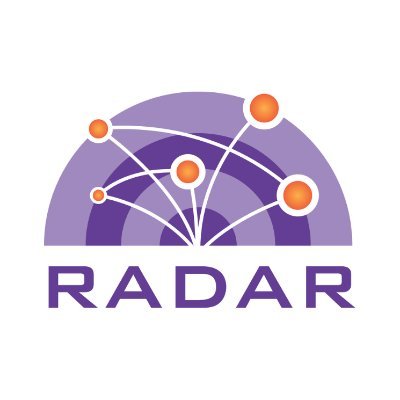Data from RADAR Study Now Available to Researchers Worldwide

*November 2023 update: The first four waves of RADAR study data have now been released.*
Data from the RADAR study conducted at the Institute for Sexual and Gender Minority Health and Wellbeing (ISGMH) is now available for public use through the Inter-University Consortium for Political and Social Research (ICPSR) website.
RADAR is a longitudinal study of young men who have sex with men (YMSM) aged 16 to 29+. The overall goal of the RADAR study is to identify and understand the connections among sexually transmitted infections, drug and alcohol use, and romantic or sexual relationship patterns in these populations over time.
The RADAR information made available through ICPSR includes baseline data from male participants’ first visits. Additional data from the study will be deposited annually, with data about participants’ next two follow-up visits expected to be available in spring 2021.
The RADAR data made available includes, but is not limited to:
- Lifetime and past six month sexual behavior (e.g. number of partners, sex acts with male and female individuals)
- Lifetime and past six month history of substance use (e.g. alcohol, marijuana, cocaine, methamphetamine)
- Psychosocial health (e.g. depression, internalized stigma, social support, microaggressions, victimization)
- Dyadic relationship information (e.g. communication skills, sexual agreement, dyadic coping)
This data deposit includes both public-use files, which are available to anyone for download and use, and restricted-use files to which access is only granted following an application process and agreement by researchers to adhere to strict requirements for maintaining data confidentiality. The restricted-use files are made available on a limited basis in order to ensure participants’ most sensitive data is protected. All identifying information (e.g., name, birth date, contact information) about participants has been removed from all data deposited with ICPSR.
“The purpose of depositing this data with ICPSR is to provide opportunities for other researchers to answer their own research questions or reproduce findings, as well as to guarantee long-term storage. Allowing others to access and use this data will help maximize investments made by study participants and the funding agency,” says Dan Ryan, a statistical analyst at ISGMH. Ryan collaborated with Kitty Buheler, a research study coordinator at ISGMH, to prepare the documentation and data that was deposited.
Visit the ICPSR website to view and download the RADAR data.